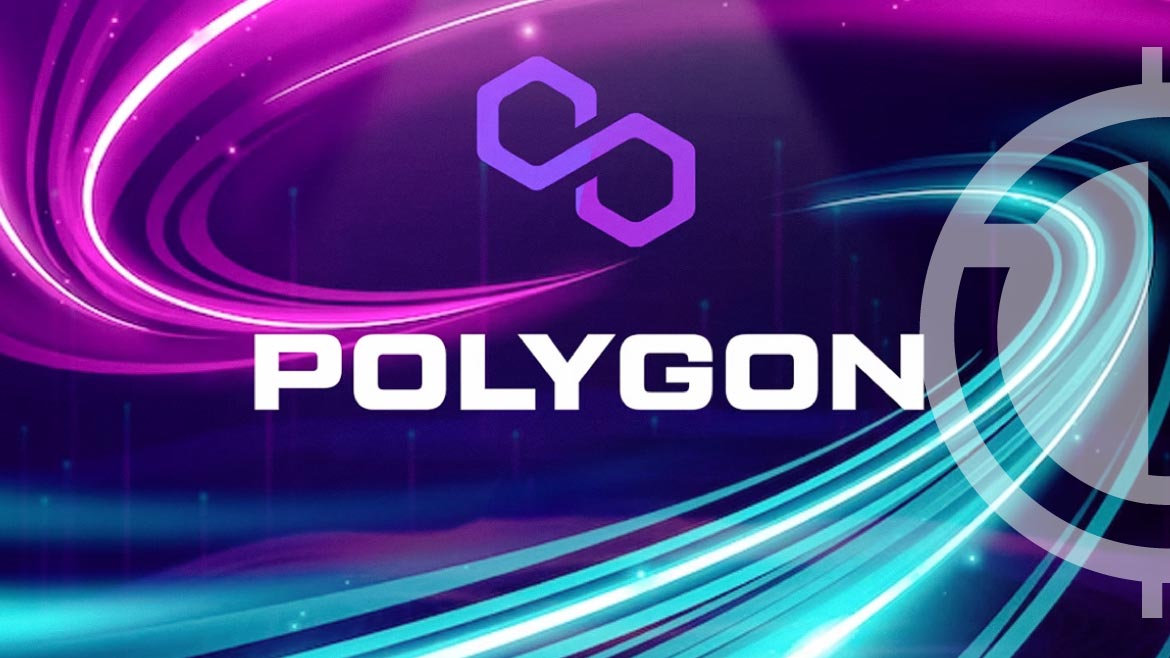- Diverse protocol council empowers Polygon’s governance for a decentralized future.
- Polygon 2.0 is set to revolutionize the blockchain ecosystem with innovative upgrades.
- MATIC token anticipates renewed interest amidst Polygon’s transformative developments.
In a significant stride towards decentralization and community-driven governance, Polygon Labs, the driving force behind the Polygon blockchain, has revealed the formation of a Protocol Council. This groundbreaking move is an integral part of the Polygon 2.0 roadmap, aimed at transforming and enhancing every facet of the Polygon blockchain.
Polygon, the development team behind 0xPolygon networks, recently shared a Twitter post spotlighting the significant progress of the newly established protocol council in shaping the future of decentralized governance for Polygon protocols.
PIP-29 is now live, proposing the creation of the Polygon Protocol Council.
— Polygon (Labs) (@0xPolygonLabs) October 19, 2023
This is the next step towards the vision of a decentralized, community-led governance of @0xPolygon protocols, introduced as a part of the wider Polygon 2.0 movement.
To ensure ongoing security while… pic.twitter.com/CtUvMXTG0t
Comprising 13 distinguished individuals, the Protocol Council includes notable figures from Coinbase and the Ethereum Foundation. Among the council members are Viktor Bunin, a specialist at Coinbase; Justin Drake, a researcher at the Ethereum Foundation; Zaki Manian, co-founder of Sommelier Finance, and Jordi Baylina, a technical lead at Polygon Labs, among other luminaries.
The establishment of the Protocol Council was initiated through Proposal PIP 29. This council is tasked with overseeing “narrow-in-scope, timelock-limited changes to system smart contracts implemented on Ethereum for existing and future Polygon protocols.” This approach emphasizes transparency and community participation in the governance of Polygon protocols.
Polygon 2.0, introduced in June, represents a comprehensive upgrade that promises to revolutionize the Polygon network in its entirety. The creation of the Protocol Council is a pivotal aspect of Polygon 2.0’s redefined governance structure, initially proposed as a “community-controlled Ecosystem Council security model.”
To enact any proposal or implement regular changes, a consensus of 7 out of 13 council members is required, utilizing the Council Gnosis Safe contract with a 10-day timelock. This stringent requirement ensures that major decisions have widespread support and allows for transparency reporting and community veto checks on upgrades.
Polygon 2.0 stands poised to usher in a new era for the Polygon network, developers, and the entire community. This monumental development is expected to attract greater adoption and inspire the creation of numerous innovative applications within the ecosystem. Furthermore, the launch of Polygon 2.0 is likely to reignite interest in Polygon’s native token, MATIC.
In a recent update, Polygon also introduced Miden VM version 0.7, featuring groundbreaking upgrades, including improvements in assembly language and development library support for nested modules and module aliases. These enhancements promise to simplify coding and enhance the Polygon ecosystem’s capabilities.
The creation of the Protocol Council marks a significant step forward for Polygon’s evolution, reinforcing its commitment to decentralization and community-driven governance. This development is set to shape the future of Polygon, driving innovation and fostering a vibrant ecosystem.
Today’s Polygon price analysis shows a strong bullish trend, with buying pressure mounting pressure on the market. At the time of writing, the MATIC token is present at $0.536014, with an impressive surge of 4.72% in the last 24 hours. Despite the recent market volatility, Polygon has maintained its upward trend and shows promising growth potential. The current market capitalization is $4,984,822,773, with a 24-hour trading volume of $266,128,614.






